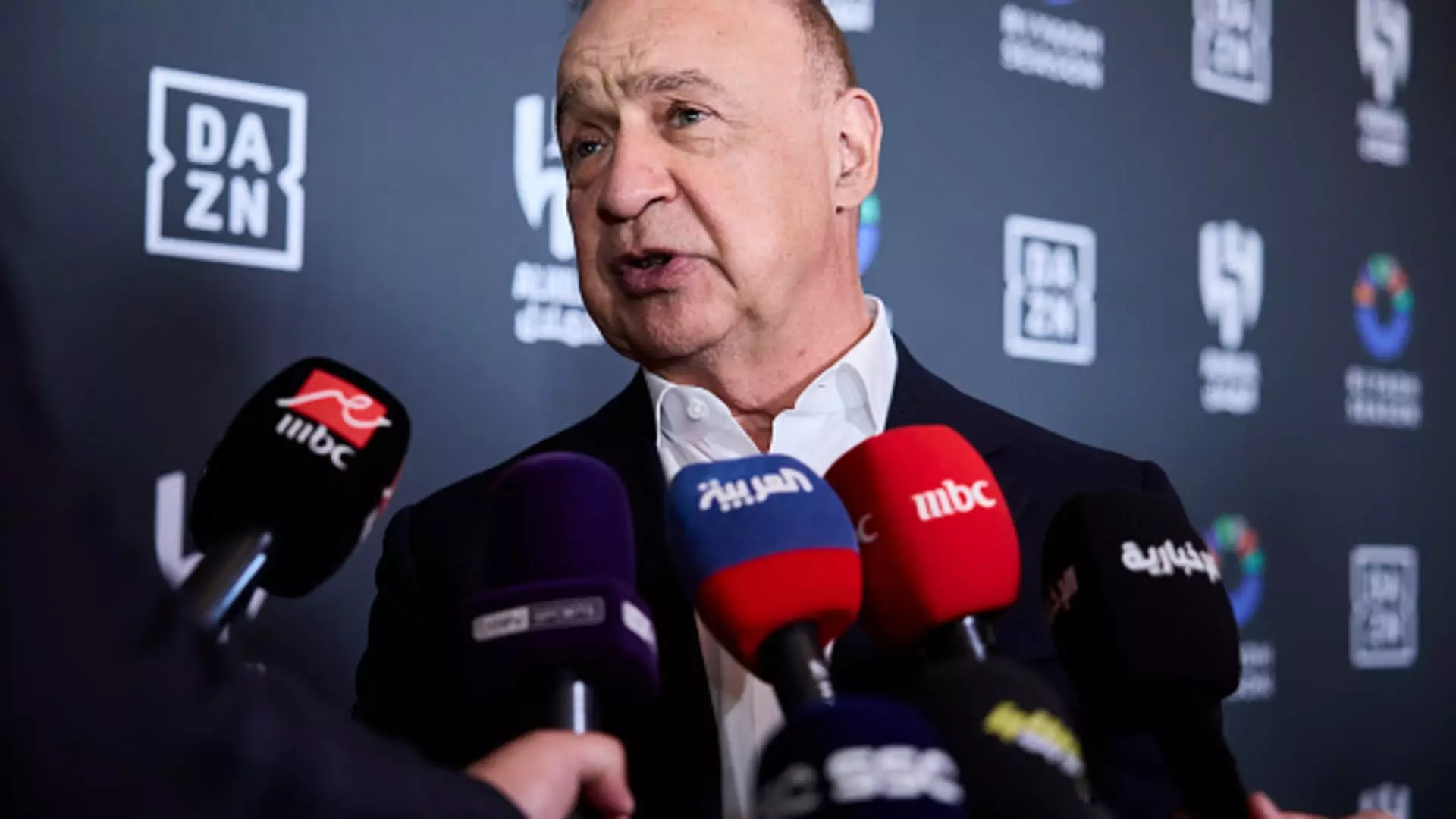In the ever-turbulent world of high finance, the ultra-wealthy are often perceived as impervious to the storms that buffet ordinary investors. However, recent developments indicate that even the most affluent families are confronting their own version of financial anxiety. As political climates shift and tariffs loom, private investment firms have reduced their deal-making activities significantly. The stark drop in direct investments by single-family offices—plummeting 45% year-over-year in March—illustrates this unsettling trend. This stark retreat hints not merely at a technical adjustment in investment strategies but rather reflects a deeper fear regarding the economic environment ahead, especially under the specter of an unpredictable trade war initiated by none other than President Donald Trump.
A Cautious Approach Becomes the Norm
In just one month, the investment landscape shifted dramatically. While February only sharpened the family offices’ appetite for investment, as evidenced by their active deal-making, March saw a noticeable contraction. What’s particularly fascinating is the interplay between domestic policy changes and the hesitancy among investors who have typically thrived in dynamic environments. With tariff rates escalating as high as 46% on certain imports, families are not merely holding back capital; they are grappling with broader implications on their investments. Vicki Odette, a partner at Haynes Boone, emphasizes this cautious mindset, pointing out her clients’ anxiety as they navigate the potential impacts on portfolio companies. The hesitance shown by these affluent investors marks more than just a temporary stall; it’s an acknowledgment that the rules of the game have radically changed.
Nuanced Perspectives from Abroad
The implications of these economic uncertainties extend far beyond U.S. borders. Middle Eastern investors—who have long viewed the American market as a lucrative venture—are now questioning their positioning in light of evolving global trade dynamics. According to Odette, these families express concern regarding how U.S. policy decisions will radiate outward, influencing economies worldwide. One cannot overlook the mystique surrounding how the global elite manage their fortunes; however, this apprehension signals a poignant vulnerability amidst the wealth. The once-relentless engine of capital expansion is now being gripped by caution, illustrating that fear knows no bounds.
Emerging Opportunities Amidst the Crisis
Contrary to the widespread pullback in major deal-making, a glimmer of resilience becomes evident amongst discerning family offices. Many are turning to private credit funds, exploring short-term loans as a tactical maneuver to buffer against ongoing market fluctuations. This shift resonates with a broader trend of strategizing and reallocating resources while staying on high alert. Euclidean Capital’s investment in Zeitview—a company engaged in the innovative intersection of drone technology and artificial intelligence—exemplifies how the elite can pivot towards growth opportunities, even in uncertain times. By leveraging technological advancements, they’ve aligned their investment strategy with present-day demands, suggesting that while fear might hold sway, ingenuity remains alive and well among the wealthy elite.
Exclusivity of Impact and the Burden of Wealth
It is important to recognize the inherent contradictions of wealth in times of economic intrigue. Although family offices possess sufficient resources to weather storms, they are not immune to the psychological weight that accompanies vast fortunes. With greater financial capabilities comes an added layer of responsibility; each investment decision is magnified under scrutiny. The pressure to maintain wealth while navigating external uncertainties can lead to paralysis, a reaction observed even among the ultra-rich. This predicament often sparks a troubling dynamic where fewer counter-bidders appear, further stalling transactions. Why take risks when the landscape appears so perilous? Ultimately, the tension coursing through these investment families reveals the psychological toll that wealth can exert, especially when the trade winds turn hostile.
As the world watches high-stakes economic theater play out, one thing becomes clear: the wealthy are not utterly detached from the market’s ebbs and flows. Instead, they stand at a crossroads, where fear meets opportunity. In an atmosphere of uncertainty, only those who adapt and redefine their strategies will emerge truly victorious.

